Description
This course delves into the principles and practices of organic farming, exploring methods to cultivate crops without synthetic chemicals or genetically modified organisms. You’ll learn about soil health, crop rotation, pest management, and organic fertilizers, all aimed at promoting a sustainable and eco-friendly approach to agriculture. The course also covers composting, mulching, and natural pest repellents to maintain plant health and yield. Through hands-on projects and examples, you’ll gain insights into creating self-sustaining, organic systems that benefit both the environment and crop productivity. Ideal for those interested in sustainable agriculture, this course equips you with skills and knowledge to establish or maintain an organic farm.

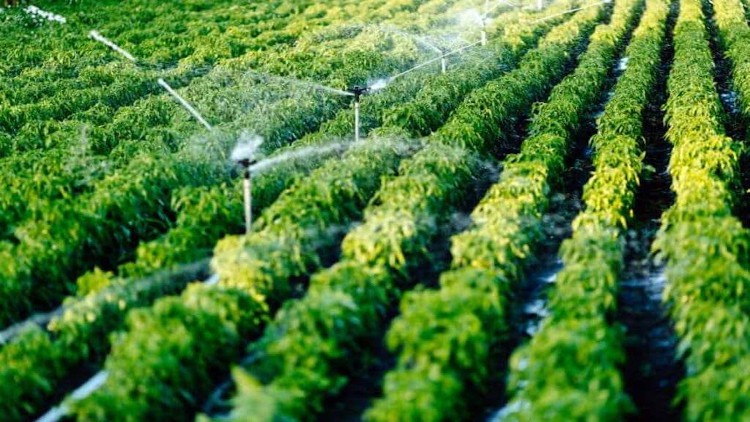
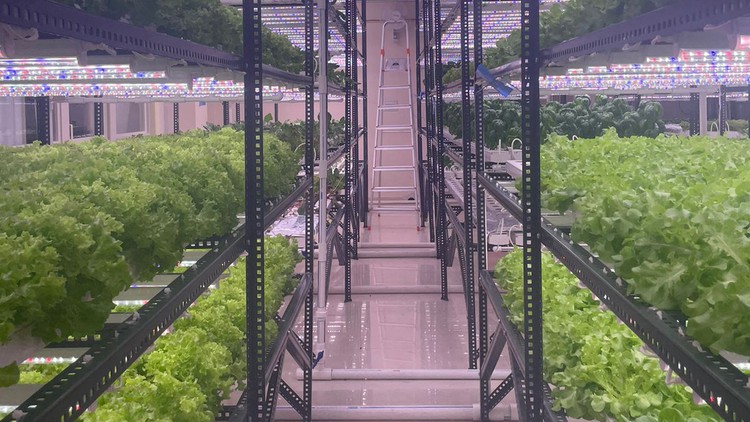
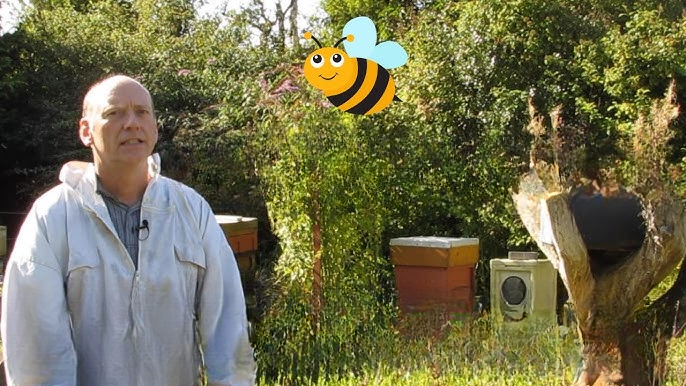
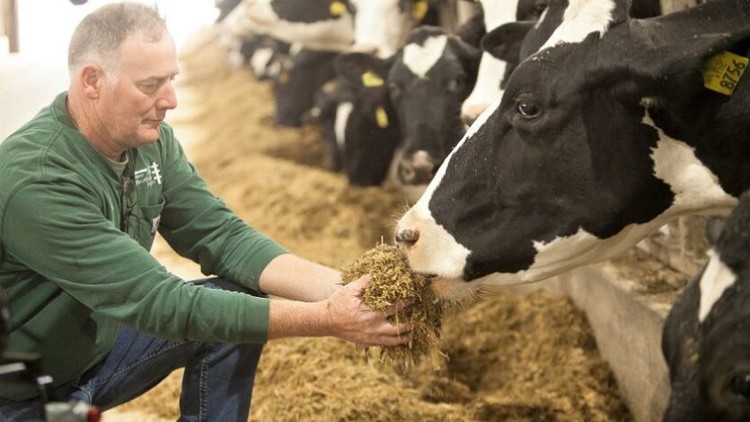
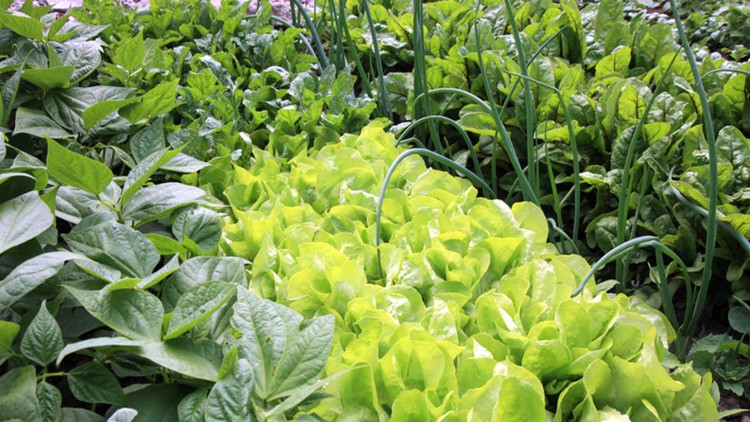
Luba –
“This online course on Organic Farming Techniques was an enriching experience. The instructors’ expertise and passion were evident throughout, providing me with a comprehensive understanding of organic farming principles and practices. The interactive modules and practical assignments allowed me to apply my learnings and gain hands-on skills. I highly recommend this course to anyone looking to deepen their knowledge or transition to organic farming methods. It has empowered me with the confidence and techniques to produce wholesome, sustainable food for my family and community.”
Idowu –
“This online course has been an absolute game-changer for my journey in organic farming. The comprehensive and practical modules provided me with in-depth knowledge on soil management, pest control, and crop rotation. The expert instructors were incredibly supportive and made the learning process both engaging and impactful. Thanks to this course, I’ve transformed my farming practices, resulting in healthier crops, increased yields, and a deeper understanding of sustainable agriculture.”
Abibat –
“This ‘Organic Farming Techniques’ course exceeded my expectations. The lessons were incredibly informative, covering everything from soil preparation to pest management. The instructor’s expertise shone through, and I appreciated their clear explanations and practical tips. I gained valuable knowledge and confidence in organic farming practices. This course empowered me to create a thriving organic garden and make informed choices for sustainable agriculture.”
Hafsatu –
“This ‘Organic Farming Techniques’ course has been an absolute game-changer for my gardening journey. The comprehensive curriculum and expert instructors provided invaluable insights and practical guidance. I’ve witnessed a remarkable improvement in my crop yields, soil health, and overall gardening practices. The emphasis on sustainability and environmental conservation has deepened my appreciation for the delicate balance of nature. Highly recommended for anyone seeking to embrace the principles of organic farming and elevate their gardening skills.”
Muibat –
“The ‘Organic Farming Techniques’ online course has transformed my farming practices. The expert instructors and comprehensive curriculum provided in-depth insights into sustainable farming methods. From soil preparation to pest management, I gained invaluable knowledge and practical skills. The course not only enhanced my understanding but also empowered me to implement sustainable practices that have significantly improved the health of my crops. I highly recommend this course to anyone seeking to enhance their organic farming methods.”